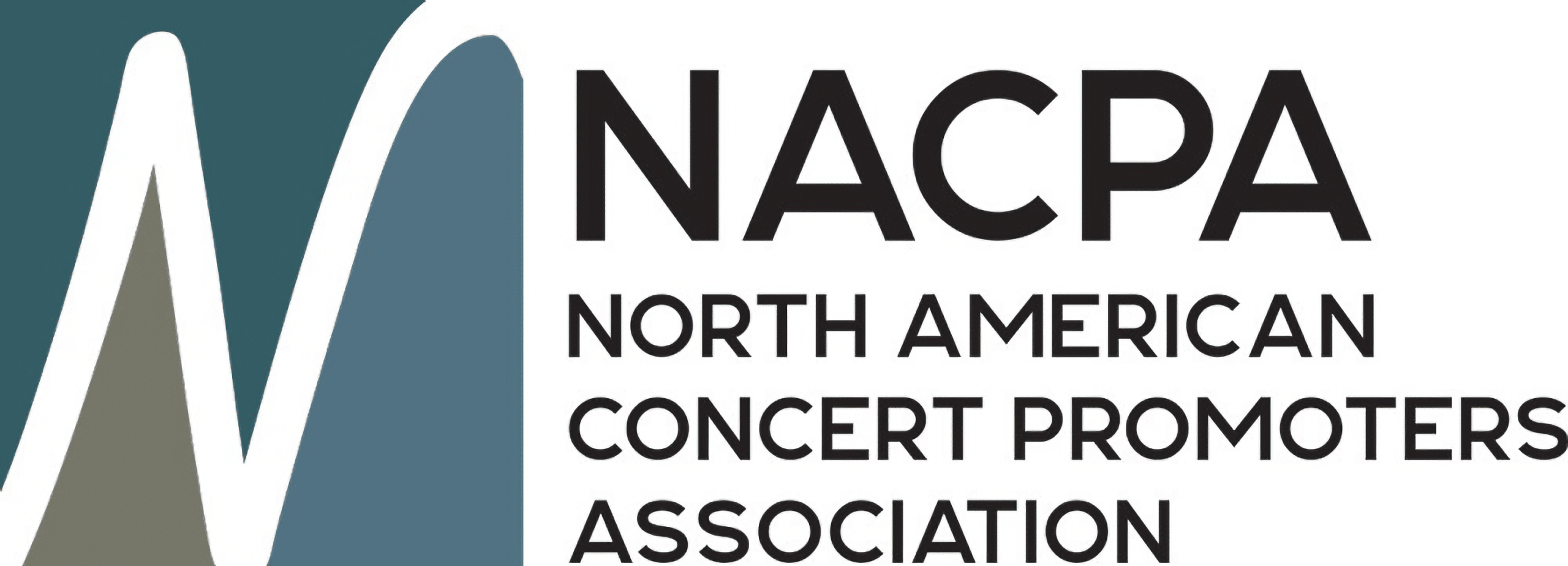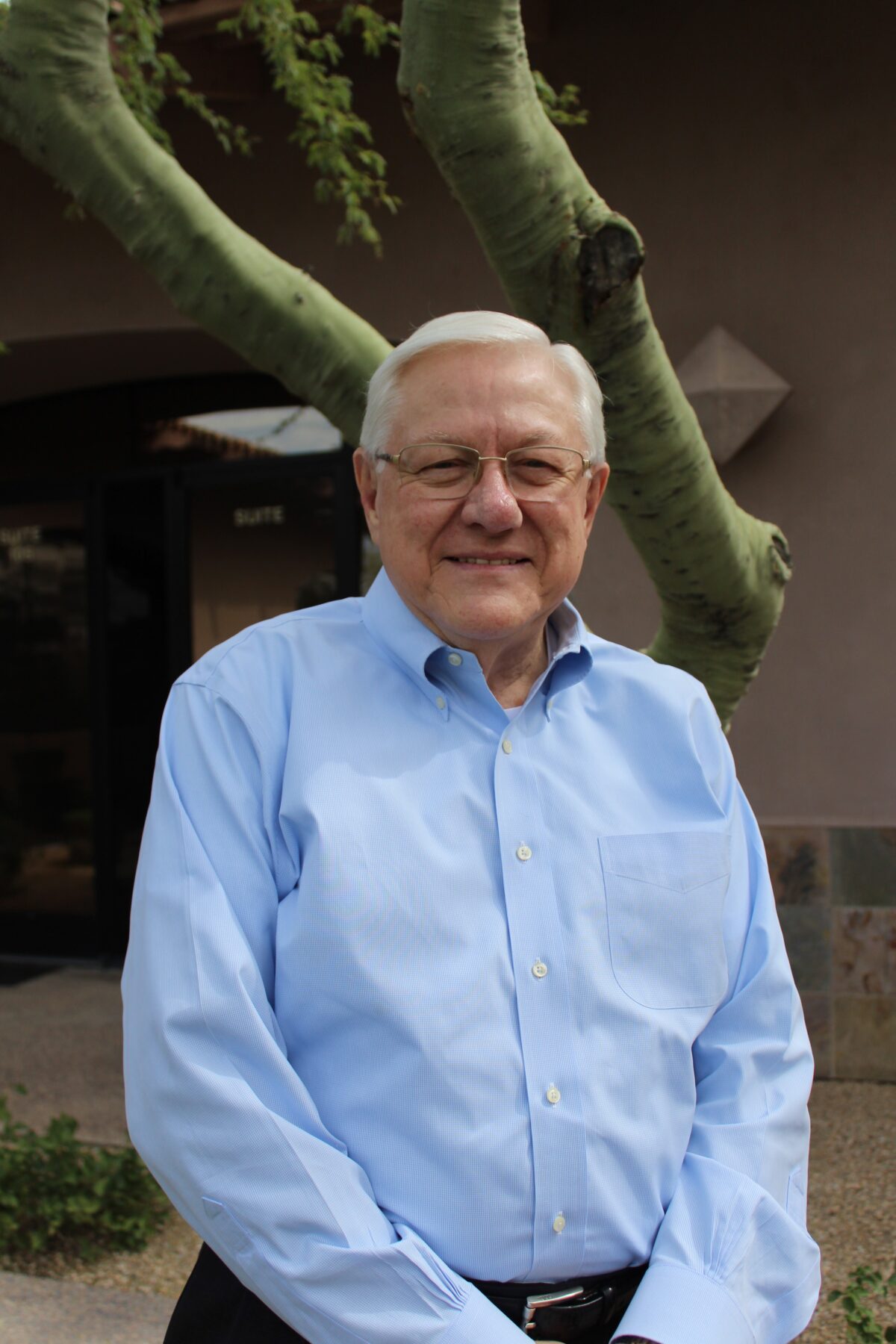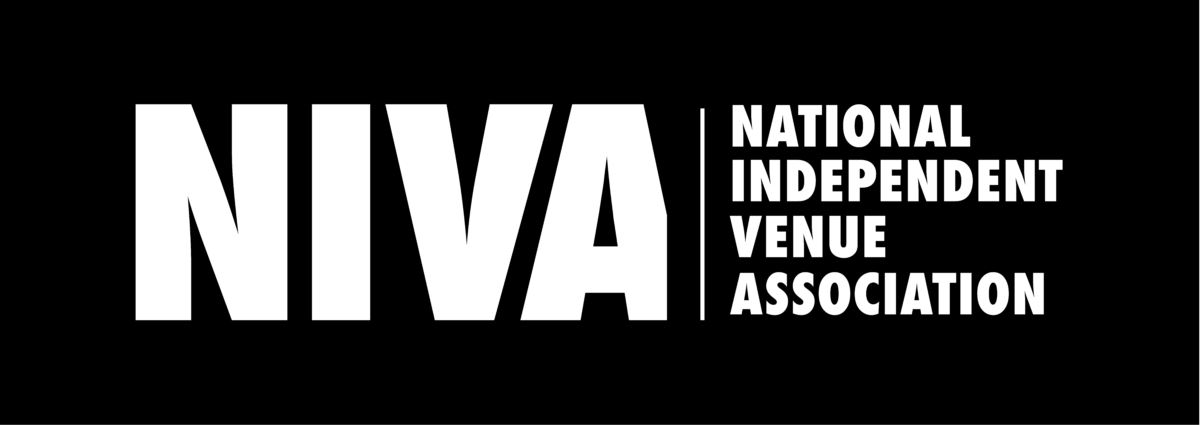
As founder of Nashville-based EnTour Med, Dr. Jeremy Pinyard has developed a concept that one would assume would be more common: getting touring artists a home base for medical treatment.
Yes, A-list musicians may have their “Rock Docs,” and movie and television stars their equivalents, but not every artist can afford to have a doctor with them 24/7. EnTour Med works to fill the gap.
Pinyard began the company, currently staffed with four doctors plus nurse practitioners and support staff. Traveling musicians don’t have the luxury of keeping their medical records in the van.
“I’ve said if I could write a book about this, I’d call it, ‘Artists in Their Pajamas’ or ‘Rock Stars in Their Underwear,’” Pinyard said. “When I see them, they’re not the people you see onstage. They’re just human beings, in front of us, in trouble.
“And I’ve been in rooms with my idols. People I’ve listened to my whole life. And I’ve thought, OK, you’re just as sick as everybody else so maybe I can get you feeling good again and that will be my little bump to contributing to your life and moving forward.”
EnTour Med could be defined as a worldwide PPO composed of doctors with whom EnTour has developed relations.
What’s your background?
I come from New Jersey. I went to the University of Tennessee where I studied biochemistry then got a graduate degree in neuroscience. After that, I went to Northeastern University to study music business. I thought I wanted to make a radical departure because I was unhappy with neurobiology research. Well, I get up there, liked the music industry but always felt like medicine is more my calling. I thought, how could I swing it and get back into the entertainment industry?
Five years ago, I fortuitously landed this collaboration when I moved to Nashville.
I didn’t know a soul. I moved here from my ex-wife’s job. What I found out is that it is such an approachable city and I just started calling people I read about, people in the music/entertainment business, medical field, biotech, the head of Nanotech Institute. I would introduce myself: “I’m a medical doctor, I’m new to town, I’m not trying to sell you anything or buy anything. I just like what you do and wondered if you’d like to have a cup of coffee.”
Pretty much everyone said yes. I started building this network of great people.
I was working as a critical care doctor. My background was in intensive care. Ultimately, as I moved my way into the entertainment space, I got a phone call on a Wednesday evening in November from somebody I just met.
“’Hey, we have a Grammy-winning artist that’s in town that’s sick. They’re supposed to be in the studio tomorrow. Would you mind coming and seeing this person?’”
I said sure. Management – from a London-based firm – called and gave me a cloak & dagger thing: “Go to the hotel and give them this fake name and they’ll take you up this elevator and you’ll go see this person.”
I thought, what am I getting into?
I get there. The concierge is waiting. They knew who I was so I got upstairs, met the artist, got them all sorted out and they were back in the studio the next day.
About three days later I get another phone call. They heard I saw that other artist and wondered if I would mind seeing this one.
This just kept happening, every couple of days! “Go in the studio!” “Go into this house!”
I kept thinking, where are the doctors here? Where are the people taking care of these artists? Surely, they have their own heath care team. But they didn’t!
That’s where the idea began. I realized touring artists, especially country artists, spend 70-80 percent of their time on the road. If they’re living in a regional healthcare system, they are isolated by that system when they’re not home.
How so?
For example, if someone is attached to Vanderbilt University Health Care System, which is a big one here in our area, and they get sick in Iowa, they’re shit out of luck. There’s nothing that can be done as far as communicating medical records. If they land in ER and something goes wrong, it’s up to them, their staff or management to convey the medical background or what’s going on.
You probably know as well as I do that when you’re in an emergency situation and your memory is not good, you don’t know what medications you’ve been prescribed. You don’t know where you’ve been. You just know you’re not feeling well.
Starting about five years ago, we lost several artists to overdoses as the opioid epidemic was coming into play. They were traveling around and getting prescribed high amounts of opioids for different issues. Some of them would use their celebrity status to manipulate these prescriptions.
As I began to realize this, management was getting me involved to see how we could stop it.
I said, “Well, this is easy: You have a phone, I have a phone, let’s just make it a thing.”
The company began to take shape as a tele-health company. Someone might get sick somewhere, and I or my staff would get on the phone with those doctors. We’d find medical help. We began to be the liaison, the coordinator for what’s going on.
The idea was to keep the artists from having to go to those walk-ins, having to go to those hospitals, having to go seek help because, instead, they could pick up the phone and call.
We really started to manage and solve this increase where people started booking more shows. We had an artist here two years ago – big celebrity – who booked a show at Bridgestone Arena. He got sick the night of his big show and we not only got him to perform, he added two more shows because he was feeling so great – all sold-out.
We began seeing this response that we called the EnTour Effect. The EnTour Effect is the artists are getting healthier, they’re feeling stronger, more empowered, performances are going up, they’re recording better – all this stuff that started to bloom.
Why hasn’t this been done before?
The answer was, it was really difficult. And getting into the entertainment industry is very laborious. We had to come at it from a place where we would never take anything from these artists; we’re not here to be your friends or fanboys. We’re here to take care of problems for you.
And the Nashville scene is especially insulated. It’s tough to break in.
Los Angeles is a little different; people there were really receptive to us. But here, one of the first artists I picked up was through referral and I started working with him and ended up getting an email from someone in management wondering who I was.
I remember going to a conference room and there are, like, five people looking at me at the other end of the table. They’ve got my resumé, they pulled up my LinkedIn. It was like an interview process! It was really awkward; I felt like I was in the principal’s office!
Also, there was this looming Imposter Syndrome going on. Who am I to be here? I’m just a guy who showed up and started asking questions. I didn’t feel I had anything special to offer; I’m just here.
It took me a while to accept that this was really valuable, I’m valuable, the service is valuable and it’s worth talking to people about. As I became more confident, these conversations got a lot easier and I didn’t mind being interrogated.
Any interesting stories?
I met an artist early on that had been working on losing some weight. The CMAs were coming up. He went through this long history. He had probably been to 17 different physicians around the country – people giving him hormones and all kinds of stuff. Diagnoses left and right, up and down. All sorts of treatments, all sorts of side effects.
He had a basketful of prescription medications that I could barely wrap my arms around, finger to finger.
We started breaking it down; I started digging into his medical records. It turns out that the gentleman was just diabetic! He had never been diagnosed because no one had ever taken the time to really do the basic medical-school work to go through it. You know, when you go see a hormone doctor, they’re going to put you on hormones!
I told him, man, let’s get rid of all of this shit. He came off of it and lost all of the weight.
That is the value of having a good primary doctor: to say this is getting crazy. Let’s get rid of all of this. And that’s a scenario that plays out over and over.
How does this confusion happen?
It’s not a failure of the doctor. It’s not that they have bad doctors here. When artists are busy and touring that much, they just don’t have time to see a doctor. That’s the main thing.
If you’ve been in a doctor’s office lately, it’s a half-a-day affair just to check in, for someone to take a look at you and to come back when the lab work is ready. You just don’t have the ability to waste six hours out of a day and to come back later.
So, they just avoid that and the avoidance is what has caused all these issues. Then they’re feeling bad and someone just recommends a visit to a friend in Colorado who does whatever. Or they’re coming out of drug rehab and get sent somewhere. They just get shuffled around and nobody is the quarterback. Nobody is saying, “I don’t think this is a good use of your time” or “We’ve got someone closer to us that can handle this sort of thing.”
One of Nashville’s main features other than entertainment is healthcare. You can’t swing a dead cat in this town without hitting a doctor’s office. It’s very easy to get to a doctor; it’s just the time it takes.
I feel like that’s a big issue in our country right now. We avoid doctors because it’s not a good experience. It takes too long.
In that last example, though – how many wrong turns had to happen to have 17 misdiagnoses?
In this artist’s case, he had been in drug rehab in Colorado, was having some issues with his health, he saw the psychiatrist that was there and basically was diagnosed with a psychiatric issue. He was put on more medications to help.
When he was released, he got a referral to another psychiatrist here in town when he came back home who continued that diagnosis but then he was complaining about fatigue, which he thought was a side effect. They sent him to Florida to see a specialist. Then he was up in New York, then someone in Seattle. He was just getting pushed around. Bless his heart, super nice guy but the status of his celebrity also kept him from taking a hard look and saying, hey, this is ridiculous.
I see that a lot, especially when artists are hospitalized. When someone is in the hospital, they get put in with VIP status and basic steps get skipped. Little stuff gets missed and they turn into big issues. It’s just doing the sequence of work, doing the pattern, doing what you’re supposed to do to make the right diagnosis.
When I looked back at the original psychiatrist’s notes, it was there. The diabetes was diagnosed: the hemoglobin numbers showed it. She just didn’t look at it.
So now you’re getting doctors treating the side effects of other doctors. Suddenly it’s out of control.
Everything seems so specialized when it could be simple.
The term we use is holistic medicine and that doesn’t mean herbs and Eastern stuff. It’s looking at the patient as a whole person. The UK is very good at this in their system, which is socialized. I had the privilege of training in the UK when I was at Cambridge.
You go to a primary care doctor first that’s in your town and because they’re government employees, the government is able to control how many doctors per capita. The area is never really full. You see your PC doctor and if they can’t figure it out, they’ll refer you to a specialist. It’s a proper channel where you can’t just show up at a specialist, say you have a headache, and they fix your testosterone level. You miss the forest for the trees.
Here, we have such high specialization, everyone is isolated, working in different groups and nobody is communicating. It makes it really difficult to practice if you’re someone that’s moving. And for patients who are constantly moving, it’s very difficult to have access to your healthcare. Here and in other countries too.
It’s a mess!
So, what’s your recommendation for artists and touring managers? How do you correct something like this?
Well, hire us! You probably have a PPO. You may see your doctor; you may see someone else but the notes should be standardized and you get homogenized care. But that’s not always the case.
What happens after hours? Your practice should have someone on call. But you call, they’re closed, and you go to the emergency room. Those doctors have no idea what’s going on. They just do their best to get you back on your feet. It’s called, “Treat ‘Em and Street ‘Em.” They get people back out there and tell them to go see their doctor tomorrow. That’s not good enough if you’re on the road.
You need a tele-health system. Tele-health docs can get on the phone with you, manage the issue, make calls on your behalf where you are. If you have to get a specialist, we’ll call the cardiologist office in the middle of the night, wake the doctor up, bring them out there. We’ll talk to the ER doctor if you have to so you’re facilitating care that’s moving through so you’re giving the right information so the doctors on site can make the best choices and not just guessing.
Everybody wins: the doctors taking care of the patients like it, the patients like it, we like it because everyone is working together.
So, for traveling artists, they need to be attached ideally to a practice that has the facility and the ability to have someone on call 24/7 when they can pick up the phone, get on Facetime with somebody, show them what’s happening, get the right care that they need and have access to those medical records.
How many people in the entertainment know about you? What’s the percentage?
Ah, not many. I work mostly with artists here in Nashville. I’ve got a couple in Austin and a couple in LA who happen to be moving through. I don’t do any press or outreach. It’s just word of mouth.
That’s largely by design so we can maintain our focus. I’m not ready to scale to a capacity where we can land all this stuff.
But this is my fifth year doing this and it takes a while to get this running. We’re getting faster now. With Covid, we had to pivot, step back and see what was going on. Ideally, I would like to offer services to anyone in the entertainment space. I would like to develop a film aspect, have medical care for someone on set.
We had an actor who got hurt two years ago while they were filming in Namibia.
Being able to interact with staff and people when they’re in foreign countries, to me, is the favorite thing to do. Using Google Translate, figuring this out, getting drugs, working in different languages.
Again, it’s just about being able to take your doctor with you. If you have a phone, it’s all set.
Does this mean you travel as well as have a network?
Both of those things happen. I’m traveling to go to see an artist – to set things up for the first time or they’ve been hospitalized. If they’ve been hospitalized, we’ve been on the phone the whole time working that and I’m on a flight to get them in and out of a hospital quickly. All those boxes get checked.
You would be surprised at how many misses happen in a hospital. It’s crazy.
With the goal of getting that artist back on the road (because that has insurance issues) it becomes a snowballing effect. The artist must stay on that schedule.
Now, when I’ve got someone who’s been injured in a foreign country I’m definitely not flying there. That’s not a good use of my time. I’m finding staff that’s on the ground there, working with local doctors. If they have EMS on site, we’re coordinating with them. All the information is coming back to me or my staff in real time so we can coordinate the care. We want to get out of the way of what people on site are doing. We’re just making sure no mistakes are made.
But I assume you have a staff and a network – people in certain cities who do certain things. They’re not on your payroll but it’s like your own version of a PPO.
Correct! I have a full-time staff here, four docs who work with me. We rotate calls. We’re basically a Big Tech company. We have our technology staff that manages our EMR and financials.
Here’s an example about being out of state: We had an artist who was coming back from vacation in Mexico. They had to land the plane because he was having chest pain. Turns out the artist was doing a lot of cocaine while on vacation and was having a heart attack.
They landed in Iowa. Now we’re working with the airline support team to make sure EMS is on the way and I’m speaking to the on-call cardiologist at the hospital. We are giving the background.
So, now, we have a doctor that’s in this town that is familiar with our work. In situations like this, we’ve naturally grown our network.
I tell you, everyone I talk to – docs on call in the middle of the night – are always happy to help. The number one question I get, always, is how did I get this job?
It is a very natural, organic process where we have a lot of docs that I’m now familiar with in New York City – we can refer people out, they can come to the hotel, come to their house. It’s building this national, globalized network that we can put people in place.
And, if they want to get paid, I’m happy to pay them.
Then, doggone it, how wide is this network?
We had to work with a doctor in Singapore two years ago.
Would you say the 48 contiguous?
For sure. We have someone in Anchorage that’s seen patients for us.
OK, well, what about here in Fresno?
In a case like that, I would hope somebody in the group would have my number and dial it immediately, first call. While we’re talking, my staff is calling 911. We’ve got the GPS location from the phone so we can direct EMS. We’re on the line with EMS while they’re approaching. We’re manipulating the situation from afar. If somebody partied too hard, EMS can administer something for chest pains, something like a beta blocker, a first-line treatment. Unless there’s cocaine on board. You never want to give a beta blocker where there’s cocaine so this is very important information of what the artist is actually doing to precipitate the event.
After EMS, it’s on the phone with the hospital with the ER doctor who’s going to be receiving. They have all the information. We’re faxing things that they need. When the plane lands, we should be prepared to get them, stabilized and out of the hospital as quick as possible.
Then we’re dealing with the management. Coordinating all the moving parts.
But you say “we” and you recently said four doctors who work with you. This sounds like support staff.
We have managing support staff also. There are nurses, a couple PAs and nurse practitioners who work with us. They’re typically handling that work. The physicians are always interacting with the patient. Nothing bothers me more than wanting to go see a doctor and you’re stuck with a nurse practitioner or a PA, someone you don’t want to talk to and can’t make decisions on your behalf.
You should be super popular by now.
Well, one of the reasons I’m not is because doing this is really expensive. They ask why they can’t see their regular doctor. Well, where was your regular doctor the last time you were partying in Fresno?
We try to find the price point that makes sense.
When we first conceptualized this, I really had limited insight toward the entertainment space. I assumed all artists were rich and famous. That’s not the case. These are all hardworking people, grinding it out, barely making a living most of the time. The ones that rise to the top are a small minority. We deal with people who are just like us: blue collar.
I work with a couple of nonprofit organizations here. We do free medical services for people, especially during Covid when they’ve all lost their jobs.
How big do you want to get?
That digs into my own pathology. One of the things I really love about this job is helping an artist do their job. It’s an amplification of my own work. When I work in ITUs I see one patient at a time so it’s this outcome-driven situation where I began to feel that I had so much more to offer that I can help way more people but had to figure out how to do that. I get a multiplier effect if I can get this artist back onstage and he or she can broadcast out to their fanbase.
My pathology is I want to help as many people as I can. How big do I want to grow? I don’t know! There’s a tipping point where it gets too heavy and the quality of work starts to diminish. We’re not there yet. With Covid we were able to restructure, clean up some of the bullshit in the company and focus down. Now that we’re seeing this 2021-2022 rise, we’re now looking at how many more artists, what quality we’re looking at, how we make ourselves available.
There are plenty of doctors that would love to come work with us. The work is nice, it’s easy, good clients, it’s interesting. It’s a good quality of life. I’m doing gardening in the afternoon; that doesn’t happen when you’re on call at a hospital.
I would love to see this entity spread but I’m not the person to grow it.
Confidentiality must be especially difficult at times.
I can’t say who my patients are and that can be difficult in the entertainment industry, where you’re driven by, “Oh, I’m working with this artist” and you build your reputation with who you’re working with. We don’t have the luxury of doing that. We have so many high-end and low-end artists but we don’t get to tell anyone who they are. Confidentiality is incredibly important.
It is frustrating because there are a lot of great stories.
How many people total?
Before Covid, close to 700 patients. With Covid, we moved everybody to a free service. I’ve probably kept track of maybe 100 to 120. Now, we’re looking to scale up fast because everyone is looking to get back on the road.



